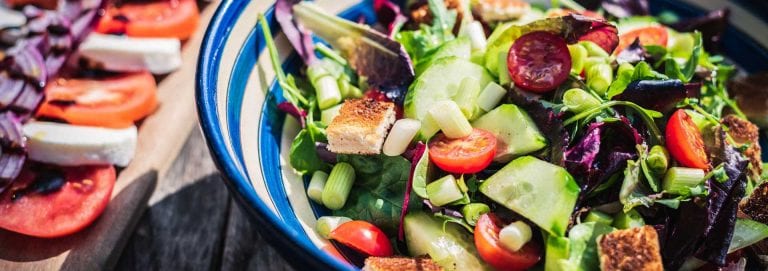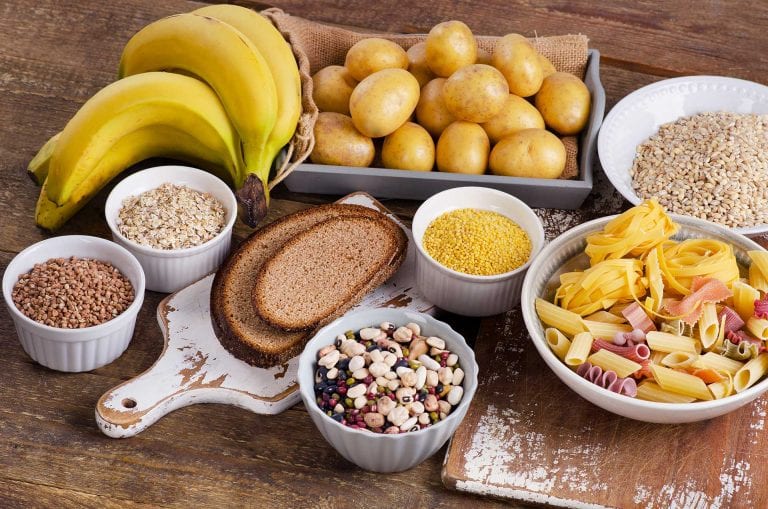Once we start needing to turn up the heating and wear thicker layers, those comfort food cravings can really kick in, making a heathy diet go by the wayside. But it doesn’t have to be this way. With a few small tweaks you can still stay on a healthy path even when your natural instinct is to hibernate.
Here are our 5 top tips for transitioning into winter the healthy way:
Enjoy an early night
Cold dark nights make us want to get under the duvet earlier, and that’s a natural instinct we should indulge as it’s a good opportunity to pay off a sleep debt, according to The Sleep Council.
They say that on average we sleep six-and-a-half hours a night, much less than the seven to nine hours recommended. Getting good quality sleep improves energy levels and makes managing weight easier.
Get your fruit and veg
This time of year, more than any, it’s vital to get your 5-a-day fruit and vegetables as they contain a variety of vitamins and plant chemicals that increase your defence against winter sniffles and sneezes.
Instead of eating them raw in salads, try them winter-style, roasted in a brush of oil. Studies have shown that carotenoids – in orange/ yellow veg such as carrots, peppers and mangoes – can help immune function and as they are fat soluble you will actually absorb more by cooking in a little oil.
Also add some garlic to your food – the allicin formed when you crush garlic is said to have antiviral properties. And be sure to squeeze in lots of leafy green veg too, which are rich vitamin C.
Soup it up
Soup is warm and comforting during winter but can also help keep you in trim. The water it contains creates weight and volume in your stomach, and in a study at Pennsylvania State University, slimmers who consumed soup at least four times a week for ten weeks consumed 100 fewer calories a day on average compared with weight-watchers who consumed it less frequently.
If you haven’t got the time to make your own, canned and carton types of soup are equally good for you, but do choose those containing mainly vegetables.
Stay active
Wrapping up warm and going for a walk or run will keep you energised, and boost your mood (especially when you do it in daylight). You burn more calories exercising in winter as well, as the body uses energy to warm and humidify the air you breathe when you exercise in the cold.
If you know you’re going to find it hard to stay motivated, find an exercise buddy who will get you off the sofa and that you won’t want to let down.
Prioritise breakfast
Researchers at Cardiff University found that skipping the first meal of the day – which may be a sign you are stressed – was linked to susceptibility to illness.
Porridge made with semi-skimmed milk makes a warming winter breakfast, and a squeeze of Canderel Zero will add sweetness without calories. Another good addition is a swirl of probiotic natural yoghurt rich in friendly bacteria. About 80% of our immune system is located in our digestive system, influenced by the microbes that live there, so keeping those friendly bacteria healthy and happy is important to keep colds and flu at bay.









